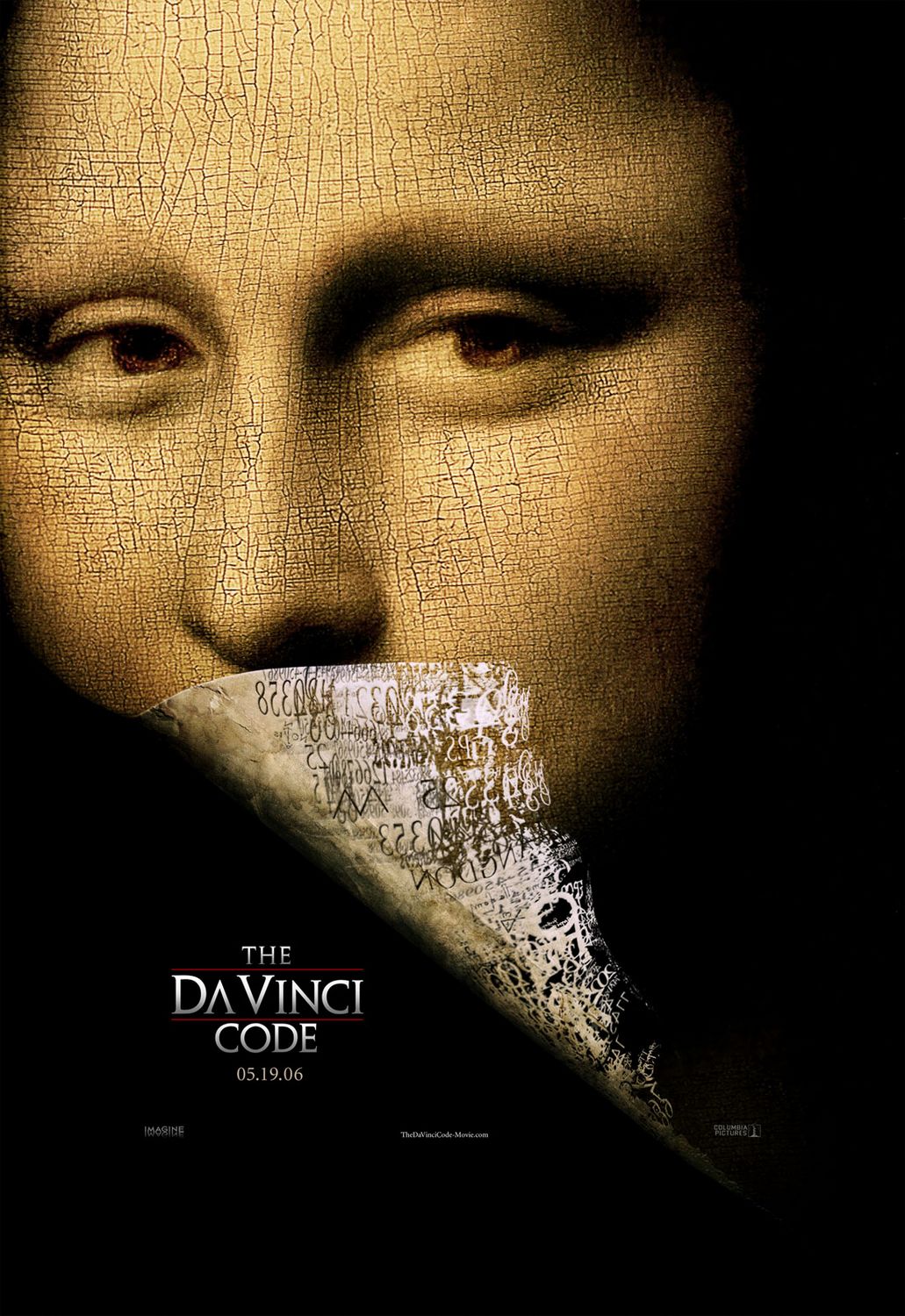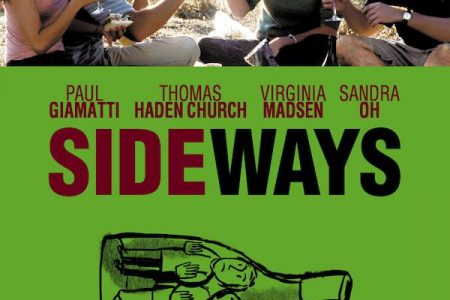When I was a little younger than I am now, when my hair had less grey and I could stay up late without getting a headache the next morning, I found out about the Holy Grail conspiracy. I can’t recall the exact sequence of events, but they revolved around my turning away from being a practising Catholic, having The X-Files lead me to discover the then 50 Greatest Conspiracies of All Time, and the Preacher comic by Garth Ennis and Steve Dillon. I thought the conspiracy was hilarious; Jesus didn’t die but lived, married Mary Magdalene and had children, and the descendants of these children survive to this day. It was a great idea, with flimsy evidence and a ton of conspiracy theory nonsense. It made me laugh. If I’d known that it would lead to a dull fiction author writing an apparently badly written novel about it that would dominate the book charts for months, selling millions of copies, and being turned into a very average film starring Tom Hanks I’d have, well … I would have probably made a long shot bet on the outcome so I would be very rich now, but I also would have thought it completely ridiculous.
No prizes for guessing that I haven’t read the book. So why did I go to see the film? Well, the inherent silliness of the premise has always appealed to my recovering Catholicism, and there wasn’t anything else on (literally; every cinema seemed to be showing this, to the detriment of other films). I liked the actors involved (Hanks, Tautou, McKellen, Bettany, Molina, Reno) and, despite it being written by the dreaded Akiva Goldsman, it was directed by Ron Howard, a safe pair of cinematic hands (sorry for the football reference; it is the World Cup at the moment, you know).
Seeing this film was evidence that one shouldn’t trust one’s instincts. The story is not sufficiently silly for me to have some fun, the majority of the actors appear to taking a holiday while filming, and Howard goes through the motions, forgetting to bring any thrills to what is allegedly a thriller. The script, as expected, was quite dire, with Goldsman doing his usual workman-like job of perfunctory ordinariness; if this film is the book on celluloid, then it beggars belief that so many people bothered reading it.
Regards the plot, well, there’s a chore. Let’s see: Hanks is Robert Langdon, a ‘symbologist’ in France doing a book tour. He is called in by the police when a body is discovered in The Louvre, due to the bizarre symbols and codes contained on and around it. However, unknown to him, he is the chief suspect, which he discovers when Sophie Neveu (Audrey Tautou), a cryptologist with the French police, helps him escape, but not before they unravel the clues left by the corpse, which turns out to be Sophie’s grandfather, killed by an albino monk called Silas (Paul Bettany), who works for Bishop Aringarosa (Alfred Molina), a member of the Opus Dei, a secret organisation within the church. Silas has been killing members of the Priory of Sion, protectors of an ancient secret that could destroy the church. Pursued by the fanatical head of the French equivalent of the FBI (Jean Reno), Langdon and Sophie must unravel the clues left to them, with the aid of an eccentric English authority on the Holy Grail conspiracy (Ian McKellen), to prove his innocence and discover the secret.
It sounds like it might be interesting, but the abundance of plot in the film (the book has been condensed into a solid two-and-a-half hours) means that there is no breathing space in a story that is all chase, exposition, historical revelations and people talking in Latin. Hanks gives an unusually flat performance, Tautou seems ill at ease in this blockbuster (despite being comfortable with English in Dirty Pretty Things), Reno is called on to just glower, and Molina pulls menacing faces. Bettany is more believable as the murderous monk, and McKellen has fun with his character, but that’s all. The film is very po-faced, with nothing in the way of genuine humour to lighten the pace (probably in case it appeared to mock the book), and story plods on and on, until it just stops. Some of it is very silly (when Silas and Molina meet their fates is particularly nonsensical), and the tourist board approach to filming the locations is lazy (and rather odd, like Hanks and Tautou on a double-decker bus). The flashbacks in the film, to ancient times, are probably the best things in the movie, showing something close to imagination, but you’ll be squirming in your seat for it to be over long before anything that interesting comes along. But, then, reviews are pointless for this film; if you want to see it because you liked the book, you will enjoy the film no matter what. Save it for watching on DVD or even on television, when it no doubt will become a Christmas regular (just for the irony).
Rating: DA




